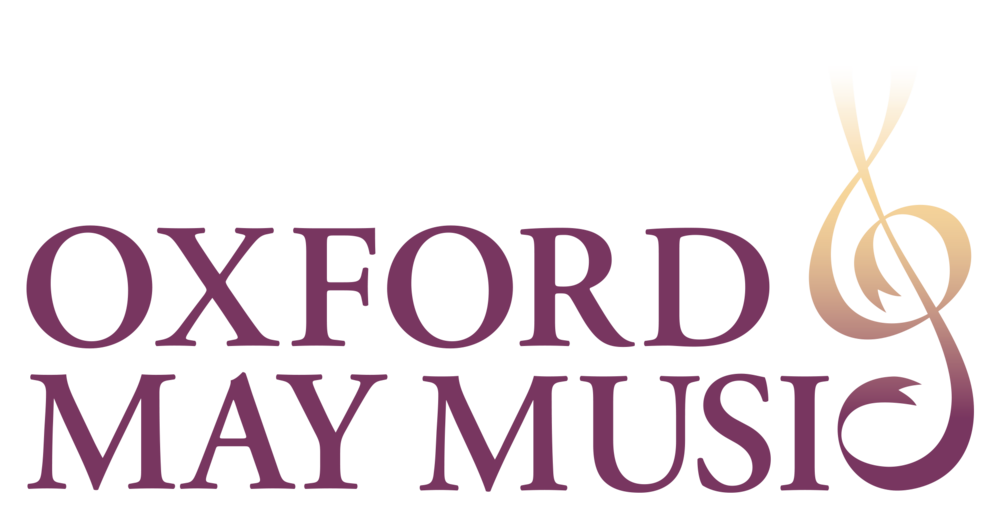
Festival Finale
Filipe Pinto-Ribeiro - piano
Alexander Sitkovetsky - violin
Alexandra Raikhlina - violin
Jack Liebeck - violin
Benjamin Roskams - violin
Simon Oswell - viola
Louise Williams - viola
Thomas Carroll - cello
Gemma Rosefield - cello
Brahms: String Sextet No. 1 in B-flat Major, Op. 18
Mozart: Piano Trio in C, K548
Interval
Korngold: Piano Quintet in E Major, Op. 15
Tonight’s concert is the product of three young men. Brahms’ String Sextet No 1 and Korngold’s Piano Quintet were written by composers in their twenties, who went on to long and distinguished careers. The other, Mozart’s Piano Trio K548, was written when the composer had just passed thirty. He, however, was near the end of a career of concentrated creativity unparalleled in music.













